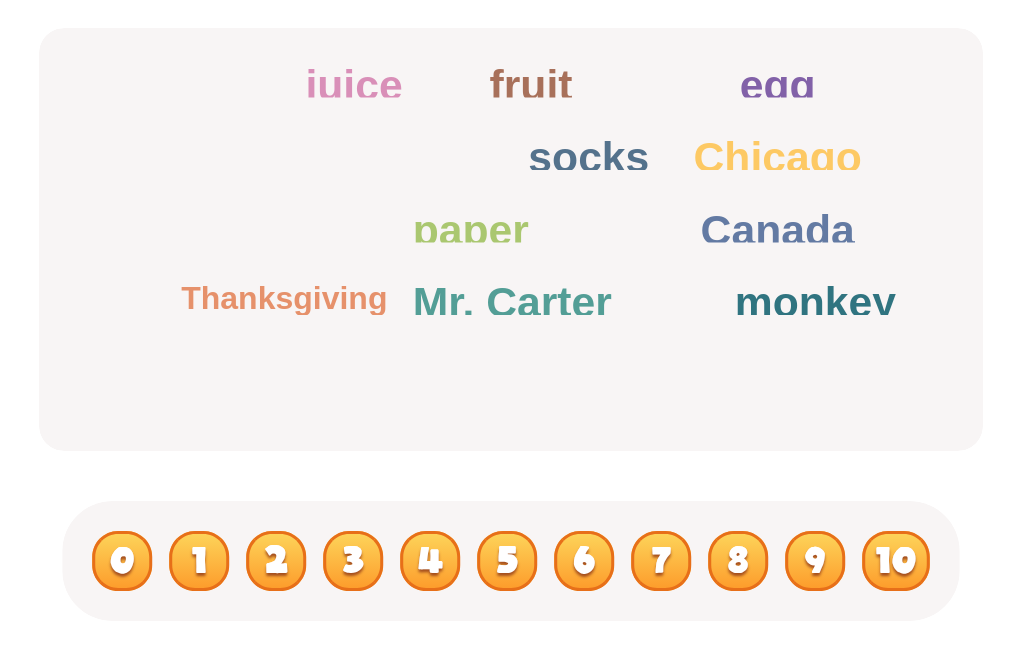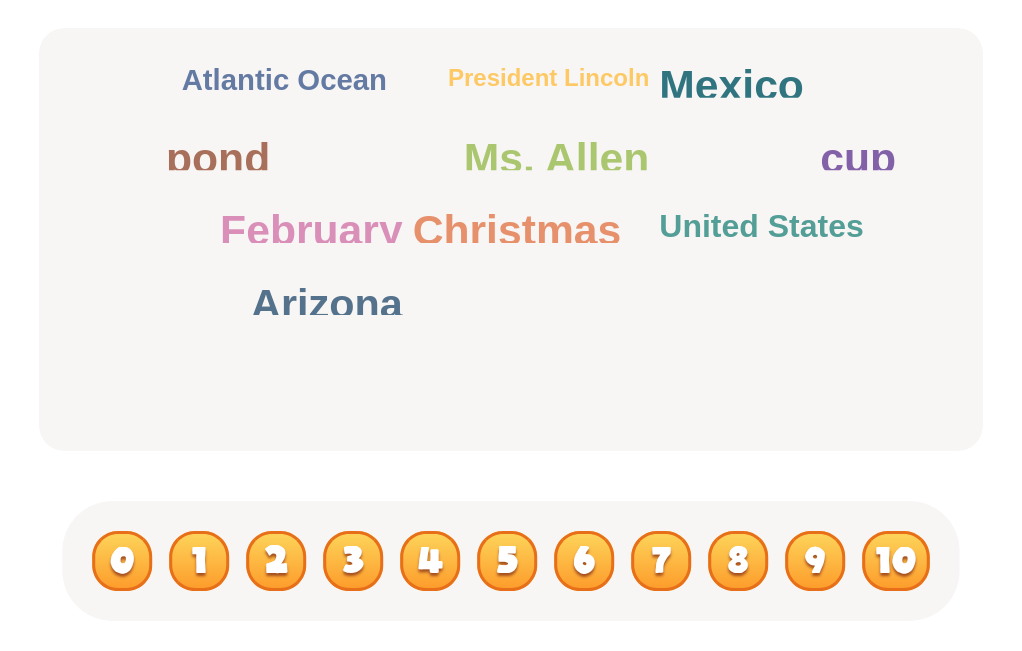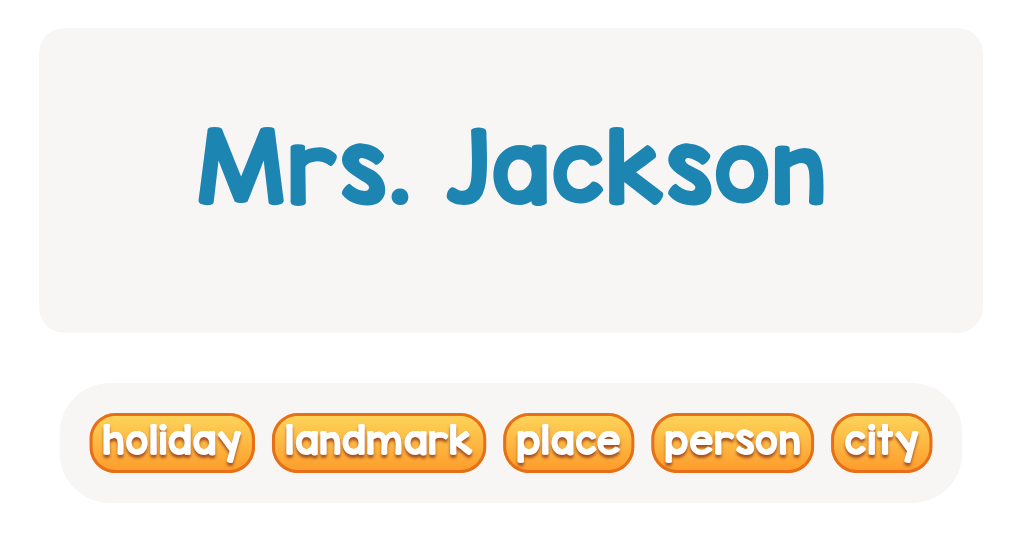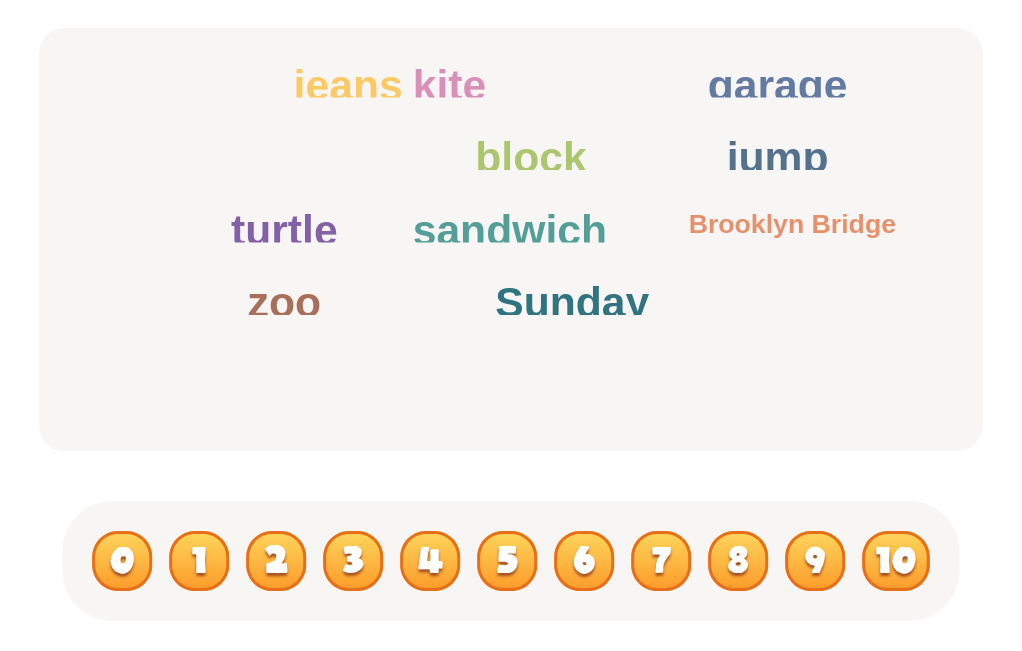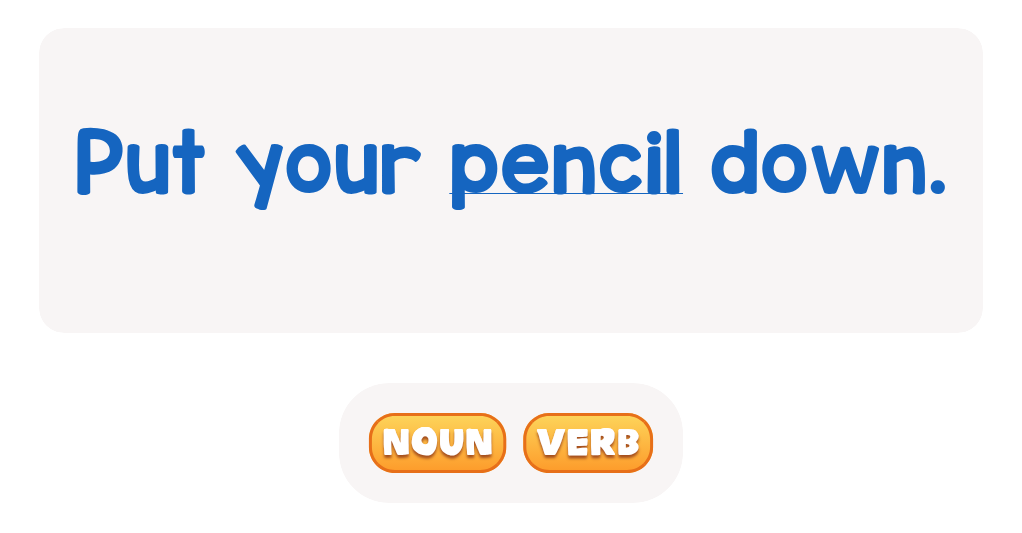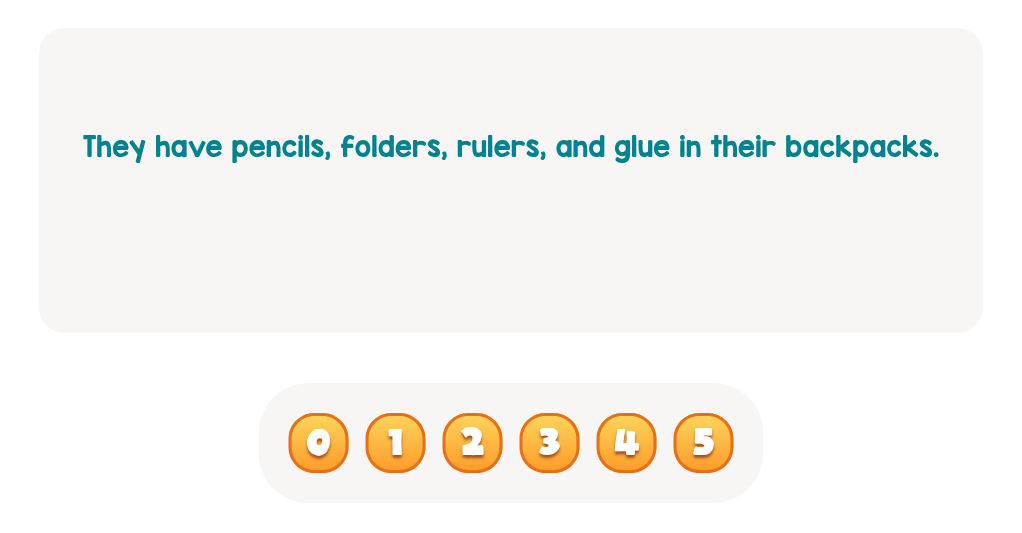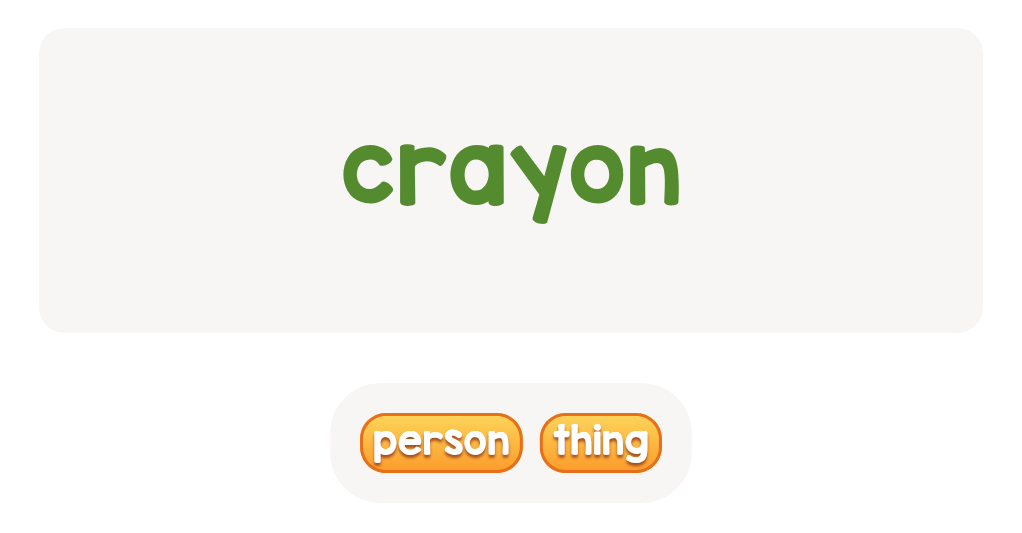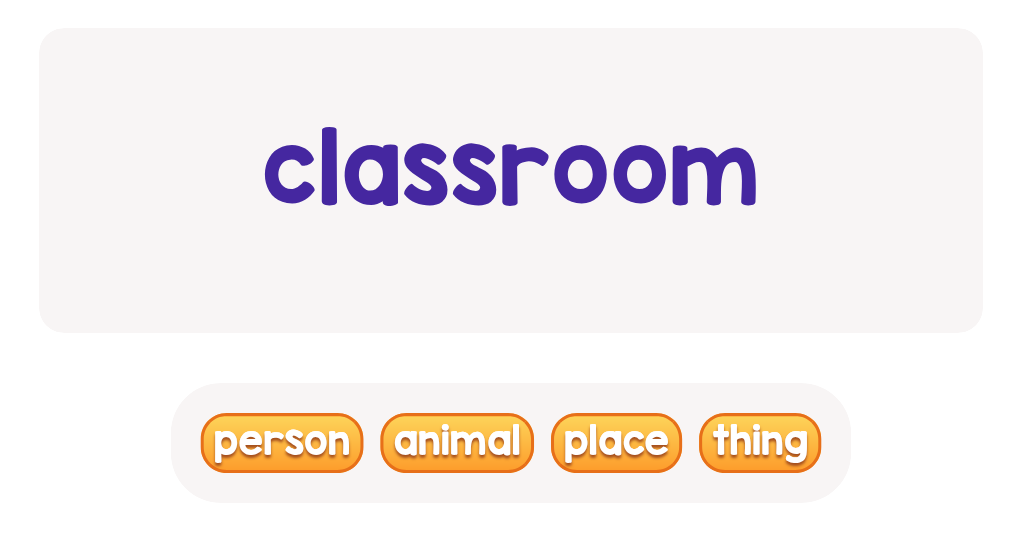Phonics Skills Normal Grammar Worksheets for Ages 4-7
7 filtered results
-
From - To
Jumpstart your child's reading journey with our "Phonics Skills Normal Grammar Worksheets for Ages 4-7"! Designed to make learning fun and effective, these worksheets help young learners master phonics while building solid grammar foundations. Our engaging activities cover letter sounds, blends, digraphs, and more, enabling kids to improve their reading and writing skills. Perfect for preschool through first grade, these printable resources offer a variety of exercises that cater to different learning styles. Make phonics learning an enjoyable adventure with Kids Academy’s expertly crafted worksheets!
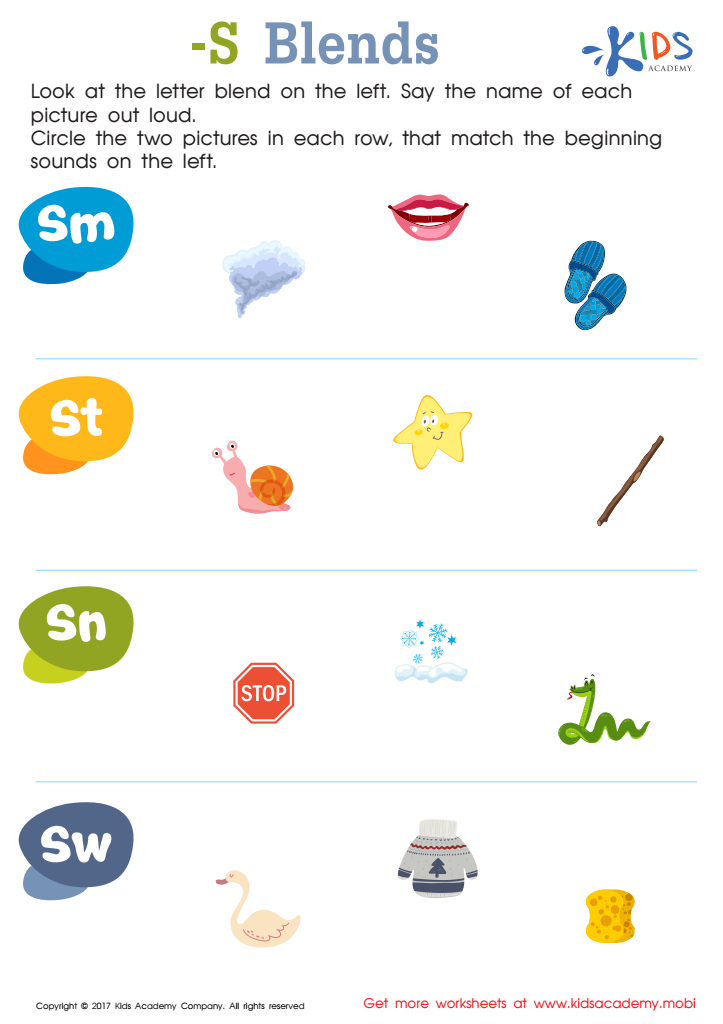

"s" Blends Spelling Printable
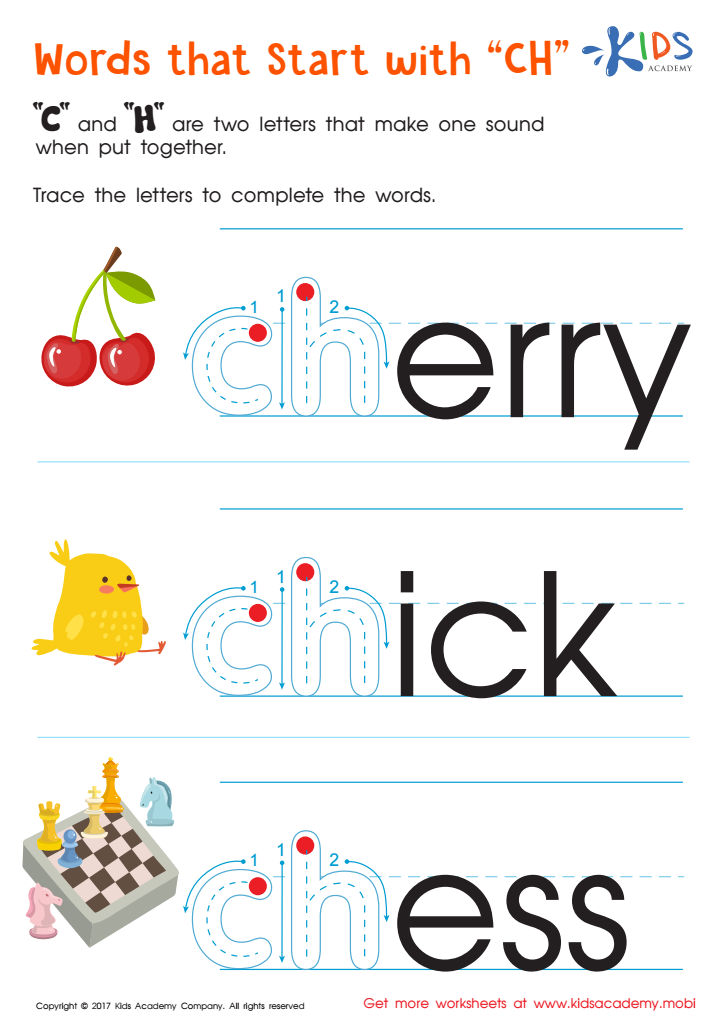

Words That Start with "ch" Spelling Worksheet
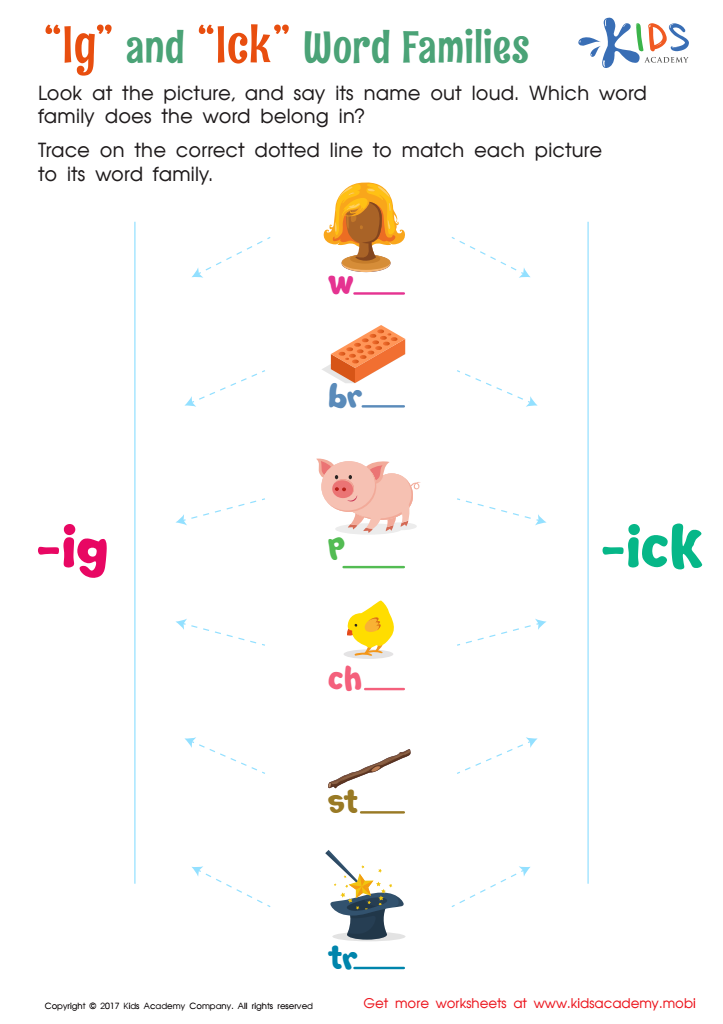

Words Families "ig" and "ick" Spelling Worksheet


Short Vowels /e/, /i/, and /u/ Worksheet
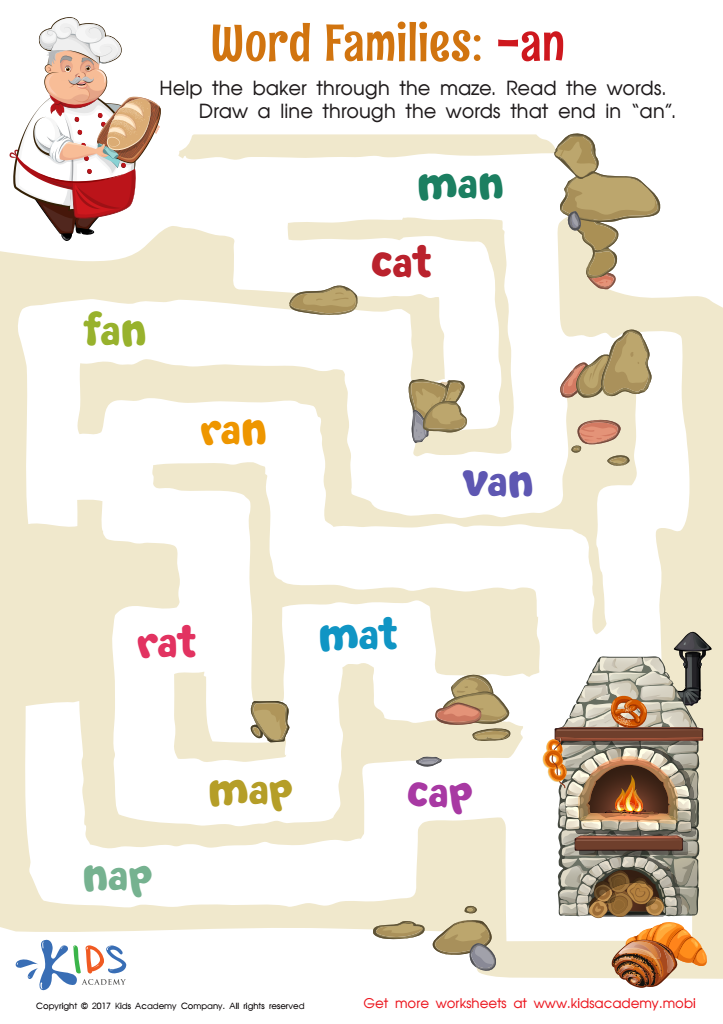

Words Families "an" Spelling Worksheet


Long Vowel Maze /o/ and /i/ Worksheet
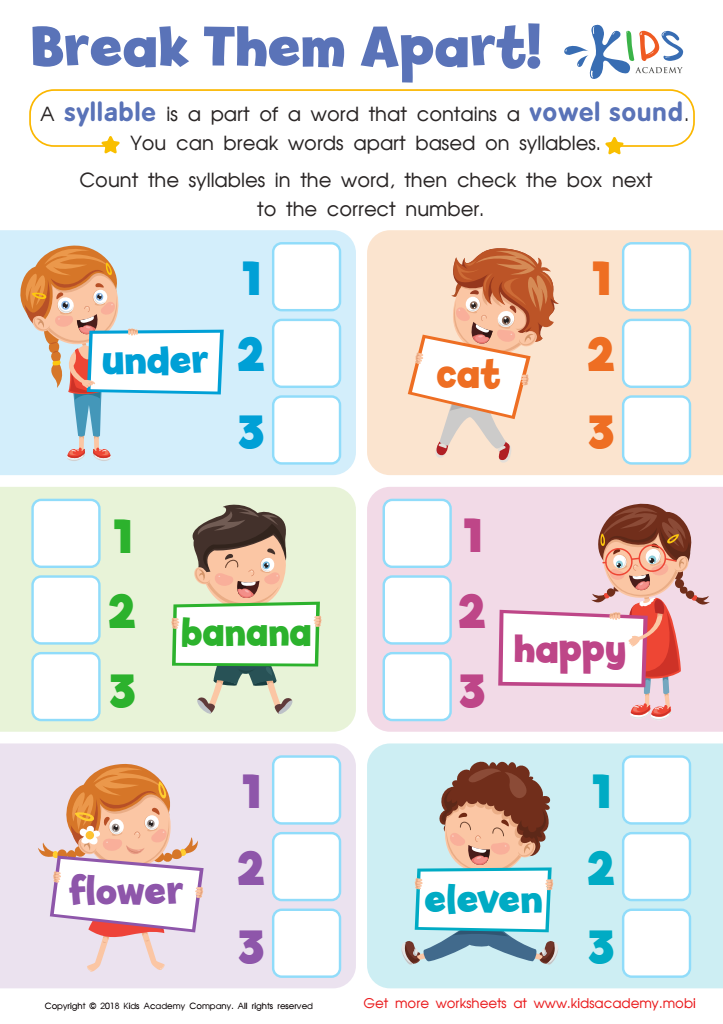

Reading: Break Them Apart Worksheet
Phonics skills and normal grammar are fundamental building blocks in early childhood education, especially for children aged 4-7. Phonics teaches children the relationships between letters and their sounds, which is crucial for developing reading and writing abilities. When children understand phonics, they can decode new words, leading to improved reading fluency and comprehension.
Meanwhile, familiarity with normal grammar is equally essential. Grammar helps children construct meaningful sentences and communicate more effectively. Early grammar skills include understanding nouns, verbs, adjectives, and basic sentence structures. These elements form the backbone of successful communication and academic performance.
Parents and teachers investing time in developing these skills can expect several benefits for the child. Improved phonics and grammar facilitate better reading and writing, which are critical for all future learning and educational success. Besides academic achievement, these skills enhance cognitive development, critical thinking, and problem-solving abilities. They also boost a child’s confidence, both in the classroom and in everyday interactions.
In a world that increasingly values effective communication, instilling strong phonics and grammar skills at a young age provides children with a solid foundation, greatly influencing their academic and social trajectories. Therefore, it's vital that parents and teachers prioritize and actively support developing these skills.
 Assign to My Students
Assign to My Students
